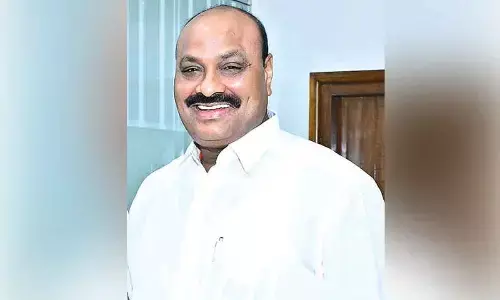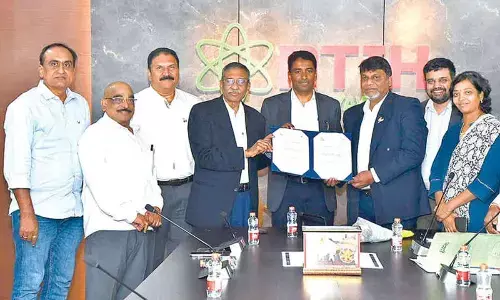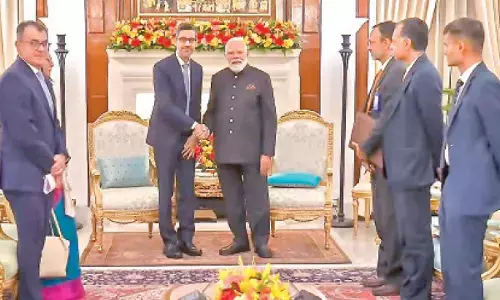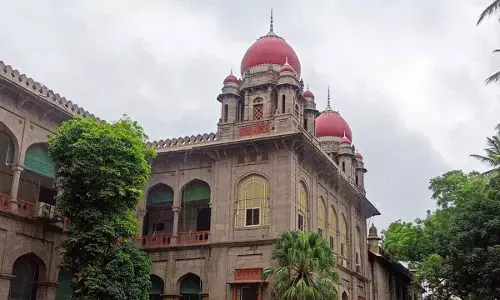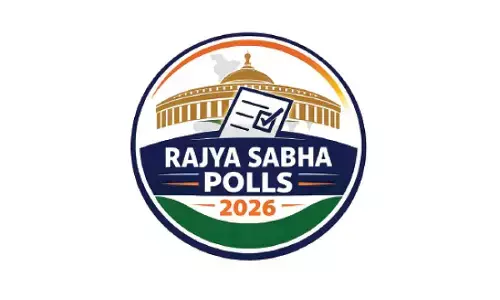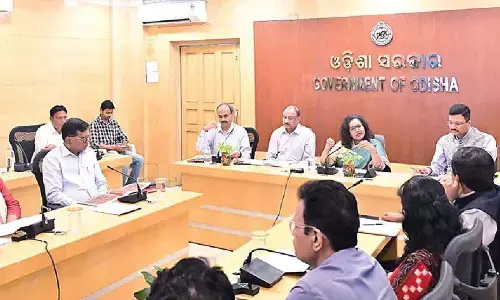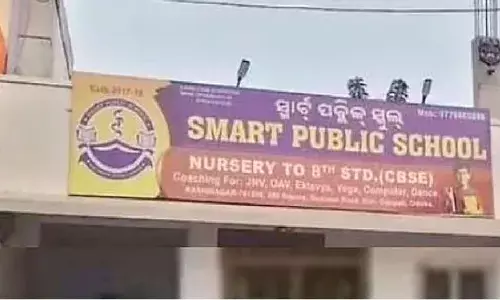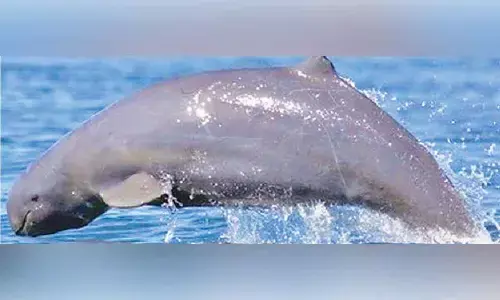Integrated water shed management in Bangaru Telangana
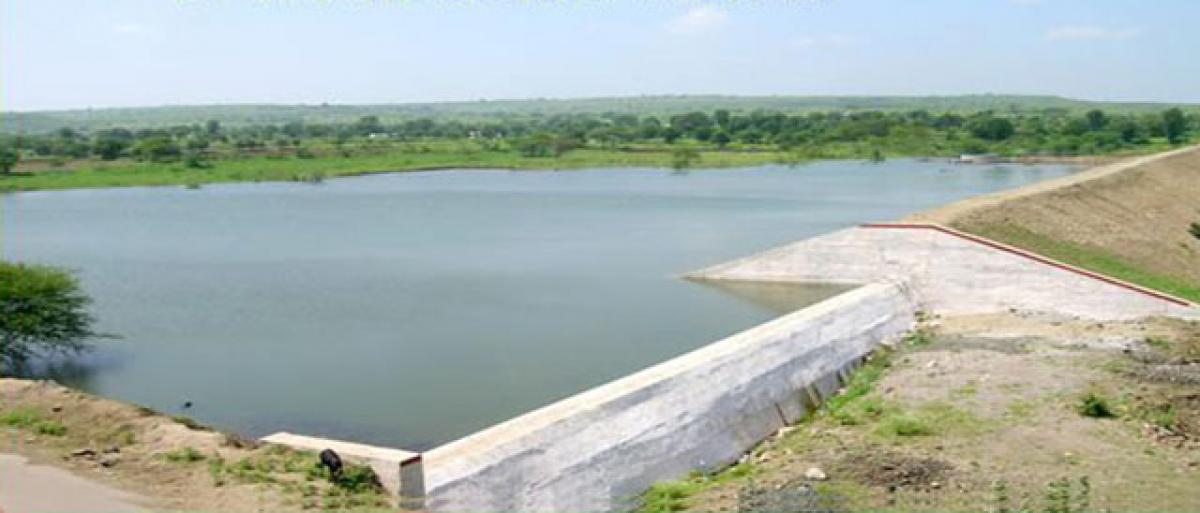
Watersheds have been implemented in Telangana through different programmes viz. Integrated Wastelands Development Programme, Drought Prone Areas Programme, Employment Assurance Scheme Programme and APRLP.
INTEGRATED WATERSHED MANAGEMENT PROGRAMME (IWMP)
Watersheds have been implemented in Telangana through different programmes viz. Integrated Wastelands Development Programme, Drought Prone Areas Programme, Employment Assurance Scheme Programme and APRLP. Based on the recommendations of Technical Committee under the Chairmanship of Prof. C.H. Hanumantha Rao, Department of Land resources, Government of India launched new integrated program on watershed development called Integrated Watershed Management Programme (IWMP) in 2008,as a single programme for watershed development with an aim “to restore the ecological balance by harnessing, conserving and developing degraded natural resources such as soil, vegetative cover and water and create sustainable livelihoods for asset less”.
Area of Operation: In 8 districts Viz., Adilabad, Karimnagar, Khammam, Mahaboobnagar, Medak, Nalgonda, Ranga Reddy and Warangal.
| District | No. of projects | Area (Ha) | Project cost (Rs. In lakhs) |
| Adilabad | 59 | 256189 | 34308.32 |
| Khammam | 28 | 122551 | 17269.66 |
| Mahabubnagar | 103 | 430337 | 51894.63 |
| Medak | 37 | 163784 | 19654.02 |
| Nalgonda | 48 | 197135 | 23656.24 |
| Ranga Reddy | 37 | 157652 | 18918.22 |
| Warangal | 14 | 63342 | 9500.20 |
| Karimnagar | 4 | 16653 | 2497.95 |
| TOTAL | 330 | 1407643 | 177699.24 |
Project cost: Rs.12000/-/Rs.15000/- per ha. at 90:10 Central: State assistance.
| Admin | I&CB | DPR | NRM | PSI | EPA | LH | M&E | Consolidation | Total |
| 10.0 | 5.0 | 1.0 | 56.0 | 10.0 | 4.0 | 9.0 | 2.0 | 3.0 | 100.0 |
Institutional set up:
State level Nodal Agency (SLNA) under Department of Rural Development, Telangana is implementing IWMP Watershed Projects in the state. At the district level, District Water Management Agencies (DWMAs) with District Collector as Chairman and full-time Project Director and Addl.PD (WS) with support staff are the implementing institutions. For 3-4 projects, one Project Implementing Agency with Watershed Computer Centre is set up with Project Officers, Technical Officers and Computer Operators have been institutionalized. At Watershed village level, User Groups, Watershed Committees, Self Help groups and Village Organizations are the community-based Organizations promoted and being strengthened with the support of Watershed Assistants.
Works took up:
Entry Point Activities:
• Assets like Solar Street lights, RO plants as per the requirement of the community.
• Natural Resource Management Works:
• Works for soil conservation like bunds and trenches
• Works for water conservation like Percolation Tanks, Farm Ponds, Check Dams
• Horticulture and Plantations
• Production Systems Improvement: Helping farmers improve productivity through
• Farm Mechanization through implement Hiring stations and Custom Hiring Centres
• Improving the animal health and productivity
• Livelihood activities:
• Implemented through SHGs in convergence with SERP to provide Livelihood activities for benefitting the asset-less poor through activities like Dairy, Agriculture, Petty Business etc.,
Institution & Capacity Building:
Providing training to various stakeholders as per their role and requirement.
Initiatives:
• Convergence strategy with line departments viz. Agriculture, Animal Husbandry, Forestry, NEDCAP, SERP and other programmes viz. MGNREGA in the implementation of Natural Resources Management, Livelihoods, Entry Point Activities and Productivity Enhancement components.
• Developed transaction based software & Electronic Fund Management System for IWMP implementation and web-based monitoring
• Application of social audit & quality control monitoring systems to IWMP watersheds
• Involved 42 Non-Government Organizations (NGOs) as Project implementing agencies for 63 IWMP projects in the state. Their services are also being utilized for strengthening institutions and development of IEC material.
• The process of treatment of Reserve Forest Area falling in IWMP project areas is being worked out in collaboration with Forest Dept. and NGOs working on the subject.
| Batch | IWMP Projects (Nos) | Area (lakh ha) | Project Cost (Rs crores) |
| 2009-10 | 48 | 1.98 | 237.71 |
| 2010-11 | 74 | 3.26 | 390.98 |
| 2011-12 | 71 | 3.07 | 367.86 |
| 2012-13 | 46 | 1.91 | 245.61 |
| 2013-14 | 41 | 1.85 | 274.39 |
| 2014-15 | 50 | 2.01 | 260.45 |
| TOTAL | 330 | 14.08 | 1777.00 |
Institutional set up:
State level Nodal Agency (SLNA) under Department of Rural Development, Telangana is implementing IWMP Watershed Projects in the state. At the district level, District Water Management Agencies (DWMAs) with District Collector as Chairman and full-time Project Director and Addl.PD (WS) with support staff are the implementing institutions. For 3-4 projects, one Project Implementing Agency with Watershed Computer Centre is set up with Project Officers, Technical Officers and Computer Operators have been institutionalized. At Watershed village level, User Groups, Watershed Committees, Self Help groups and Village Organizations are the community-based Organizations promoted and being strengthened with the support of Watershed Assistants.
Works took up:
Entry Point Activities:
• Assets like Solar Street lights, RO plants as per the requirement of the community.
• Natural Resource Management Works:
• Works for soil conservation like bunds and trenches
• Works for water conservation like Percolation Tanks, Farm Ponds, Check Dams
• Horticulture and Plantations
• Production Systems Improvement: Helping farmers improve productivity through
• Farm Mechanization through implement Hiring stations and Custom Hiring Centres
• Improving the animal health and productivity
• Livelihood activities:
• Implemented through SHGs in convergence with SERP to provide Livelihood activities for benefitting the asset-less poor through activities like Dairy, Agriculture, Petty Business etc.,
Institution & Capacity Building:
Providing training to various stakeholders as per their role and requirement.
Initiatives:
• Convergence strategy with line departments viz. Agriculture, Animal Husbandry, Forestry, NEDCAP, SERP and other programmes viz. MGNREGA in the implementation of Natural Resources Management, Livelihoods, Entry Point Activities and Productivity Enhancement components.
• Developed transaction based software & Electronic Fund Management System for IWMP implementation and web based monitoring
• Application of social audit & quality control monitoring systems to IWMP watersheds
• Involved 42 Non-Government Organizations (NGOs) as Project implementing agencies for 63 IWMP projects in the state. Their services are also being utilized for strengthening institutions and development of IEC material.
| Financial Expenditure | Up to 31st March 2015 | During 2015-16 ( Upto November) | Cumulative Expenditure |
| RIDF-XVII | 92 | 49.00 | 141.00 |
DPAP and DDP Schemes:-
In Telangana, the Drought Prone Area Programme (DPAP) and Desert Development Programme (DDP) are being implemented since 1995 in 7 districts. Watershed programmes are implemented in Mahabubnagar, Ranga Reddy, Medak, Adilabad, Khammam,Warangal and Nalgonda districts under DPAP.
Traditionally, the watershed approach was aimed at treating degraded lands with the help of low costs and locally accessed technologies such as in-situ soil & moisture conservation, afforestation etc by involving village communities in the implementation of watershed programme under DPAP and DDP to promote overall development of poorer sections of people inhabiting in the programme areas.
The approach basically followed was project based Ridge to Valley concept with the minimum unit of area being 500 hectares.
The Watersheds Programme is being implemented in 94 Blocks in DPAP and in 16 Blocks in DDP. So far Government of India has Sanctioned 3882 Watersheds under DPAP and 906 under DDP covering an area of 19.41 lakh hectares and 4.53 lakh hectares respectively.
G. Rajendera Kumar


